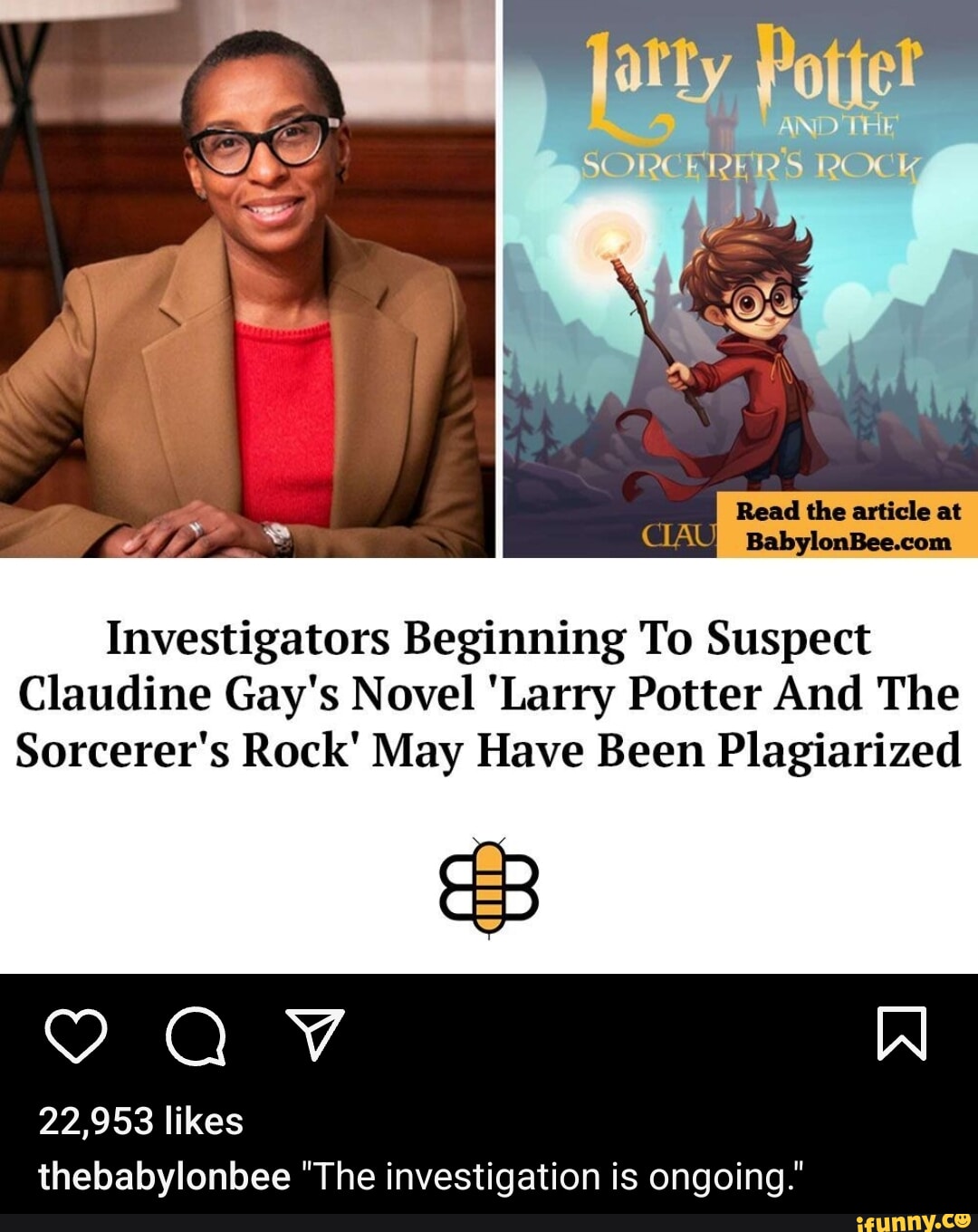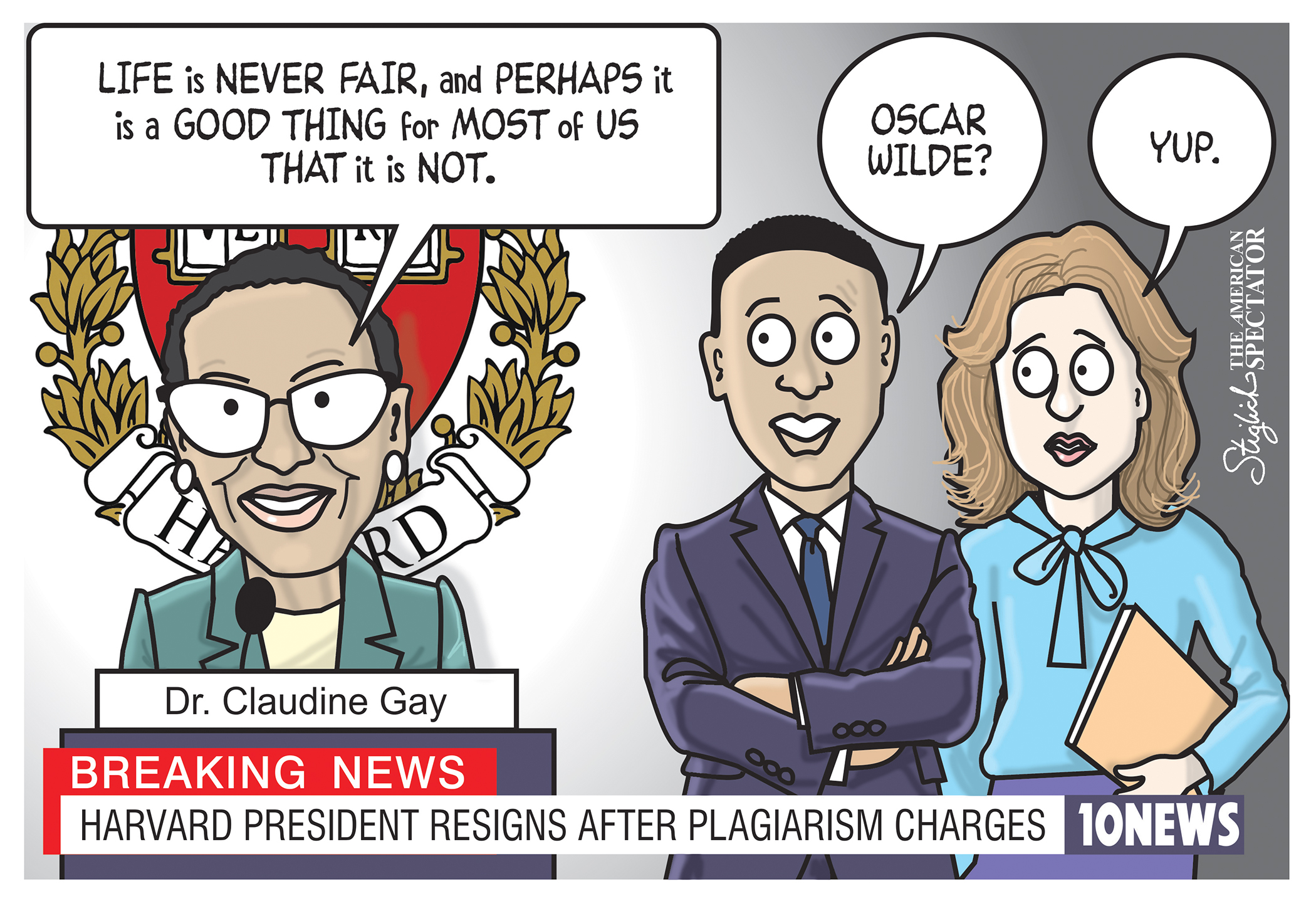4. Plagiarism & Fabrication
Claudine Gay
In recent years, the issue of plagiarism has become a hot topic in academic circles, with many educators and scholars raising concerns about the impact of this unethical practice on the integrity of research and academic credentials.
The plagiarism scandal involving Claudine Gay (THE GUARDIAN) the Dean of Social Science at Harvard University, further ignited this debate and prompted a renewed focus on the importance of proper citation and academic honesty.

Plagiarism is defined as the act of taking someone else's work and presenting it as one's own. This can take many forms, including copying text, images, or ideas without proper attribution.
In the academic world, plagiarism is considered a serious offense that undermines the trust placed in scholars and students to conduct original research and produce original work. The consequences of plagiarism can be significant.
![]()
Apart from legal action and academic penalties, plagiarism can severely damage a person's reputation and credibility. If someone is caught plagiarizing, it can be challenging for them to regain the trust of their peers and colleagues.

Furthermore, plagiarism undermines the pursuit of knowledge, which is the primary goal of academic research and inquiry. By plagiarizing, individuals are not contributing to the advancement of knowledge but rather regurgitating someone else's work.

The plagiarism scandal involving Claudine Gay (NY POST) serves as a stark reminder of the impact of plagiarism on the integrity of academic research and the importance of academic honesty.
![]()
Claudine Gay (YOUTUBE), who was the Dean of Social Science at Harvard University at the time, was accused of copying large portions of a book by another author without proper attribution. This led to an investigation by the university, which ultimately found her guilty of plagiarism.
The Claudine Gay case highlights the need for scholars and students to uphold academic integrity and conduct themselves with honesty and respect for the intellectual property of others.

As members of the academic community, it is our responsibility to ensure that we give proper credit to the work of others and conduct our research with the highest ethical standards.

While plagiarism is a serious offense, it is also preventable. Educators and institutions can take several steps to prevent plagiarism, including educating students about the importance of proper citation, providing resources and tools to help them avoid plagiarism, and using plagiarism detection software to identify instances of plagiarism.

Additionally, institutions can establish clear policies and consequences for plagiarism, which can serve as a deterrent to students and scholars who may be tempted to plagiarize.
Plagiarism is a serious issue that undermines the principles of academic integrity and intellectual property. The Claudine Gay plagiarism scandal serves as a reminder of the importance of academic honesty and the consequences of unethical practices in research and academia.
As members of the academic community, it is our responsibility to conduct ourselves with the highest ethical standards and respect for the work of others. By upholding academic integrity and avoiding plagiarism, we can ensure that our research and academic credentials are credible, respected, and valued.

This was written with the help of AI.



Comments
Post a Comment